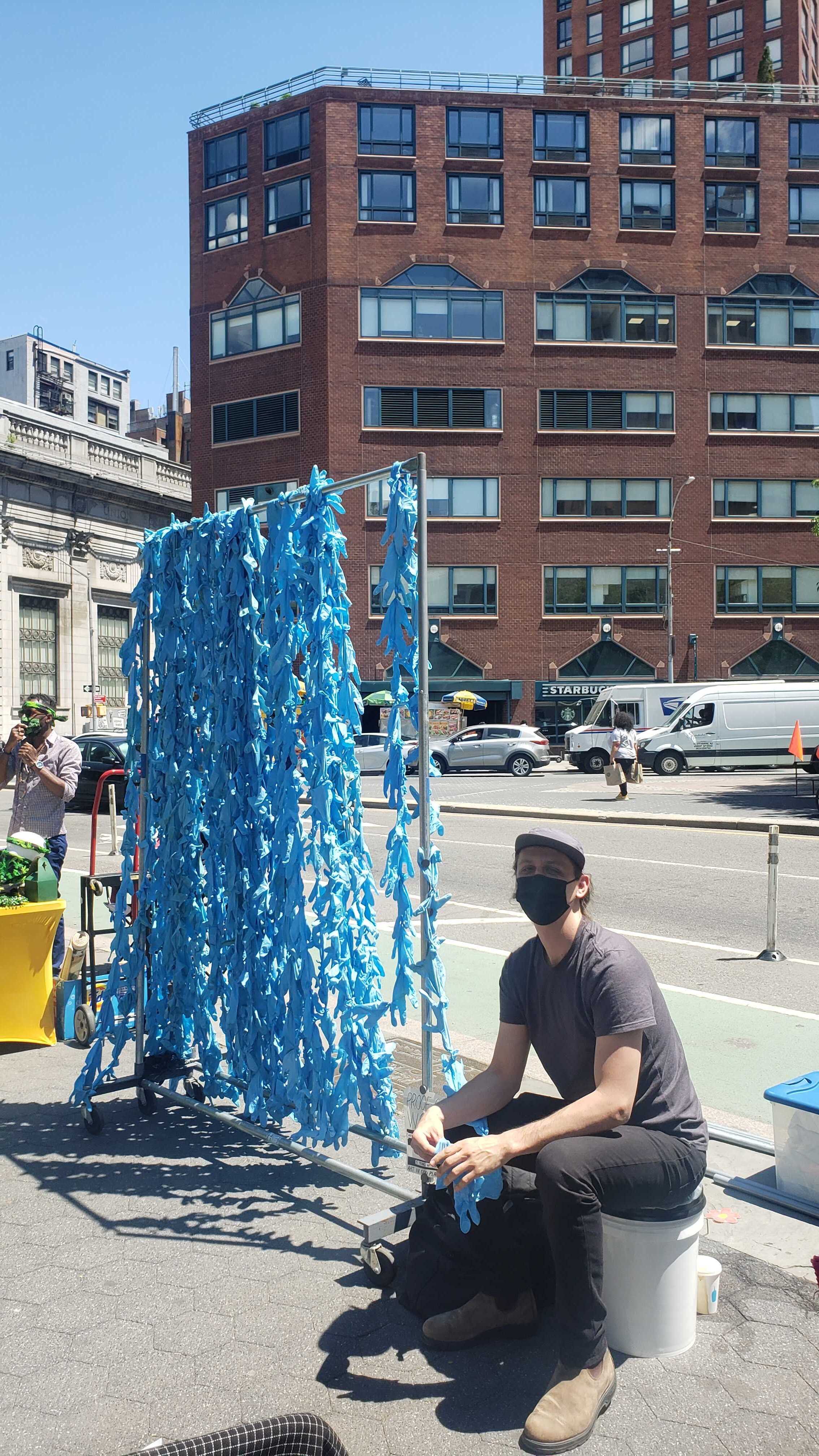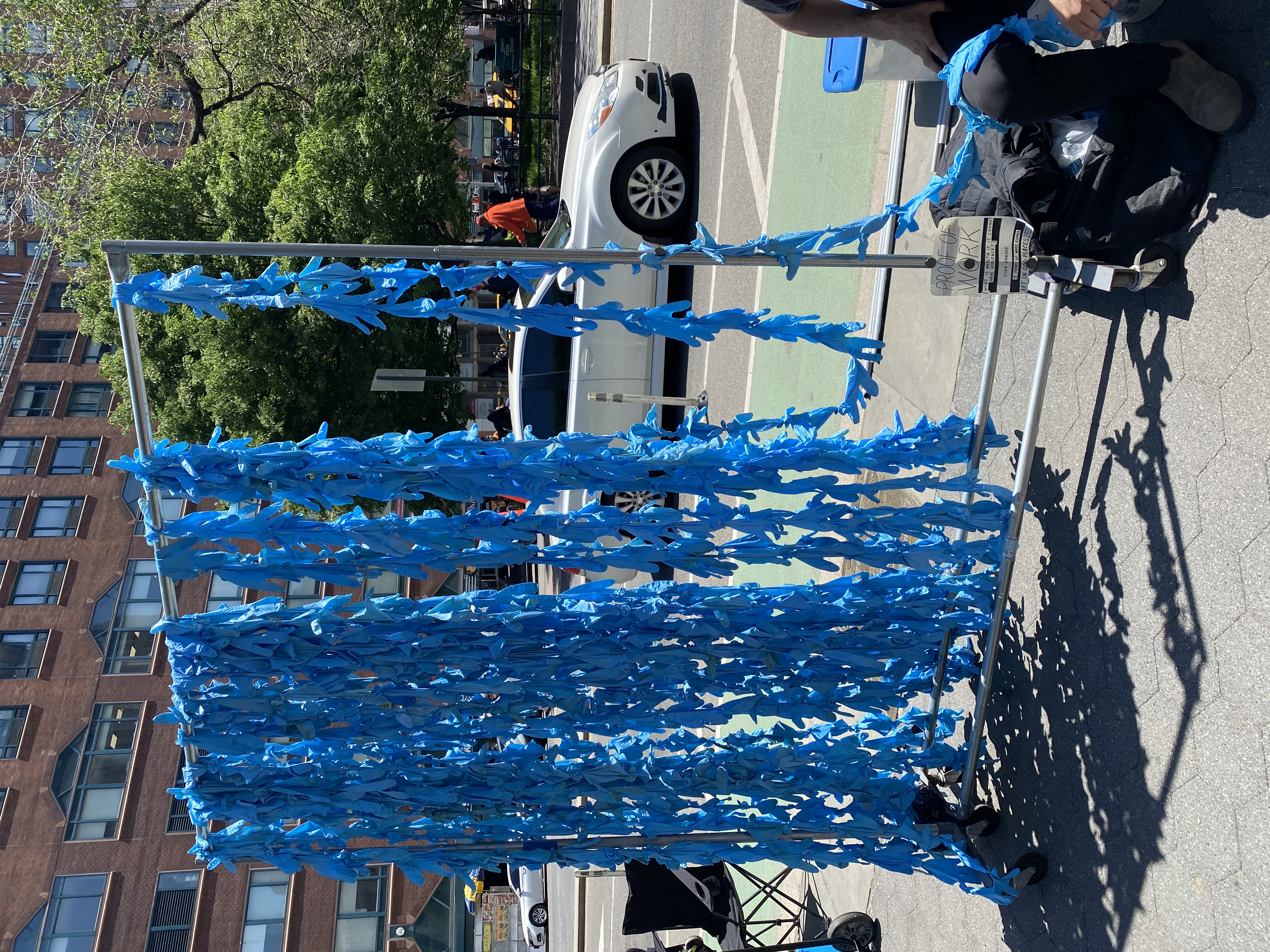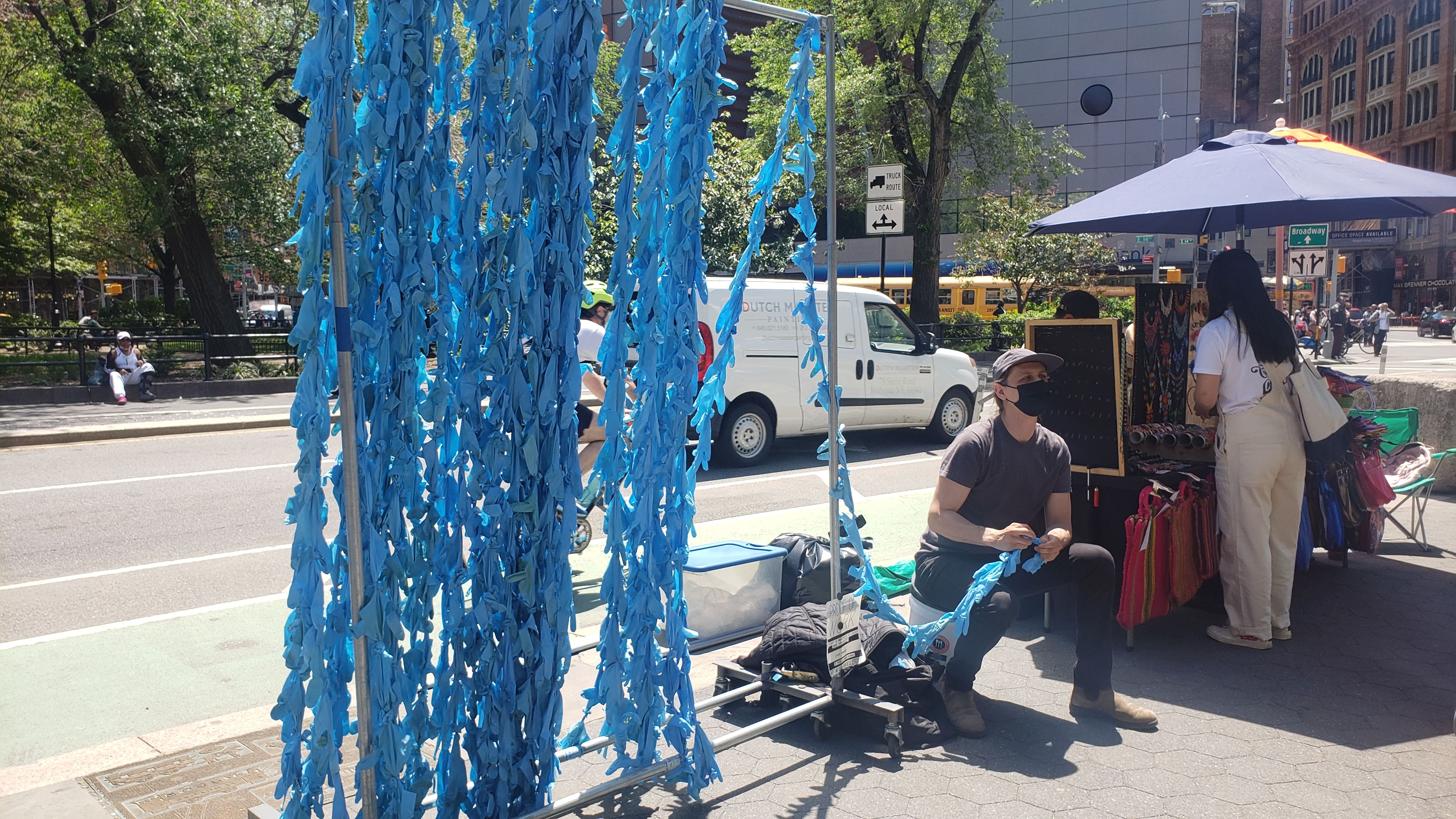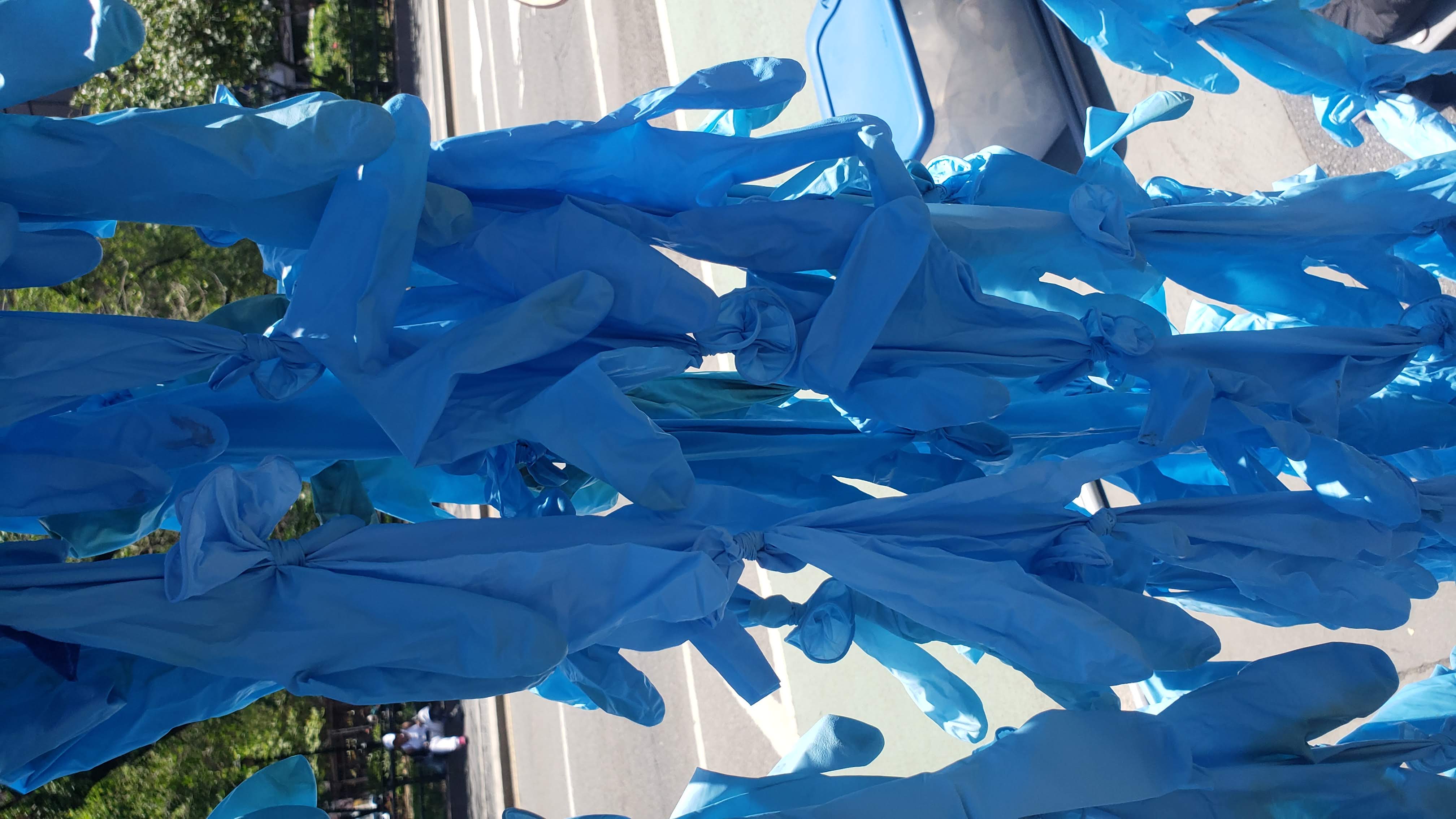On Evan Dawson’s, What is wealth if it cannot have violence?
I first encountered public mask wearing while living in Japan in the 1980s. I sat across from an elegant older woman in an elaborate kimono, hair perfectly coiffed and her mouth and nose covered by a paper surgical mask. The train was quiet, nearly silent, as Japanese trains tend to be, and the people crowded around us in the carriage didn’t pay her any notice: salarymen read their papers, teenagers in school uniforms intent on their manga; workers in toe boots staring out the windows or into space. If anything, my gaijin self was the more curious specimen.
But I found the scene a bit uncanny. Though superficially westernized, Japan has many unique cultural elements and practices – some framed, some subtle, others subconscious – that can render normal, everyday experiences magical realist for the curious outsider.
Perhaps she suffered some facial deformity, I wondered, bad teeth or an unsightly cold sore. Maybe she was just painfully modest. Or was she a germaphobe, even in this tidy, scrupulously clean, persnickety country?
I asked a colleague about it at work the next day and he explained that the lady was probably not trying to protect herself from getting sick, but that she likely was sick herself and was trying to protect others. His simple explanation rattled my ethnocentric preconceptions like a Thelonius Monk composition, which sounds a bit askew, out of tune or time, on the first listen, but becomes self-evident by the third.
The concept of considering others before oneself hadn’t really registered to my bratty western brain and I felt a quick rush of ego-vertigo at this shift in perspective. I had learned in the abstract about “Asian values” of humility, deference, and respect for others, but this simple, self-evident gesture of social consideration made me second guess the assumptions and implications of the Hobbesian state of nature I had been raised in.

Photo: Amanda Wu
I recalled this incident while chatting with artist Evan Dawson in Union Square during the 2020/2021 Art in Odd Places festival, Normal. Dawson’s performative installation, What is wealth if it cannot have violence? involved the creation and display of a seemingly endless daisy chain of blue nitrile gloves, collected over 5 years work as an art handler in Philadelphia.

Of course, in the context of the Covid pandemic, the blue nitrile glove had already assumed another, more sinister, iconography as biohazardous medical waste. The brazen handling of these gloves, pulled from several overstuffed garbage bags at his feet, and their public display on a clothing rack alongside the usual hawkers of bracelets, souvenirs, incense and Jamaican herbs in Union Square was rattling, like seeing a monk rummaging through the trash and arranging used condoms on the sidewalk. The artist’s meditative practice assembling his endless nitrile rosary was also quietly disconcerting, a zen-like intervention in the hustle and cuss of the square.
 Photo: Amanda Wu
Photo: Amanda Wu
It was, however, the upheaval of assumptions about care for the self and others in our society that resonated most deeply for me and made me recall that encounter on a Japanese train thirty years ago. The blue gloves are typically worn here for self-protection by mechanics to keep axle grease off their hands, postal workers wary of anthrax, proctologists, etc. Since the beginning of the pandemic, they began to appear more commonly outside these specializations, at shop entries and public transport for use by a general public fearful of contamination by any surface.
But Evan Dawson had worn these gloves at work not to protect himself from the filthy lucre of the art world, but to protect the art itself from his touch, a public service commemorated in this public performance. Yet, even in this public health emergency, basic civic courtesy and consideration for strangers and the public good seems a foreign cultural practice to many Americans. Initial CDC recommendations for mask-wearing for the sake of others mostly fell flat, and the practice only became widespread when the messaging shifted to personal protection.

Photo: Amanda Wu
Dawson’s quiet intervention in this odd place invoked the basic contradictions of liberal individualism and republican virtue that bind and divide our polity and put on display the tragic irony of our sociopathic virtue of selfishness.

